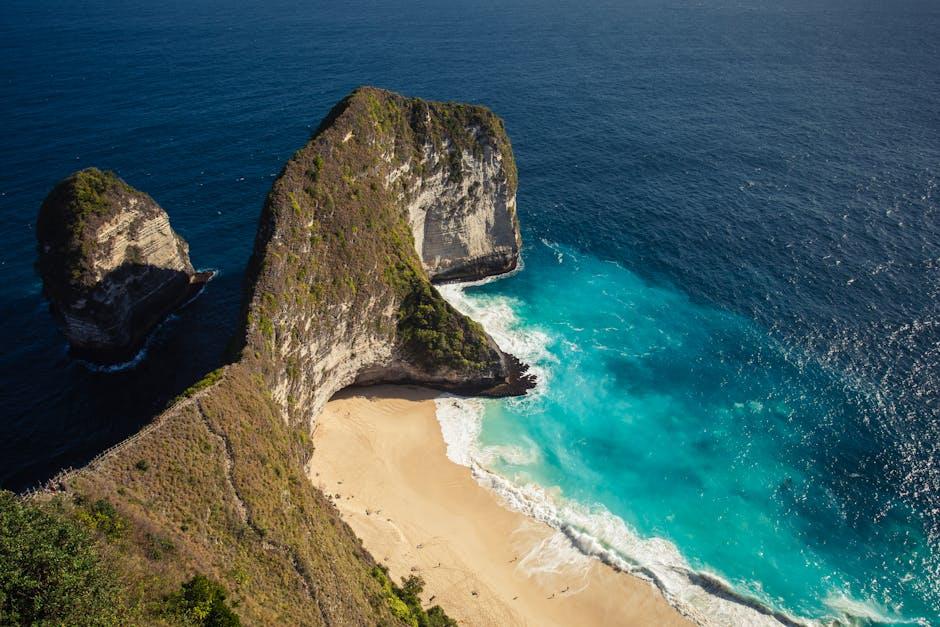Surfing, an ancient sport rooted in Polynesian culture, has evolved into a global phenomenon characterized by a blend of athleticism, artistry, and an unyielding connection to nature. Over the decades, pivotal surfing events have not only shaped the trajectory of the sport but have also etched unforgettable moments into its rich history. From legendary competitions that showcased unprecedented feats of skill to transformative gatherings that propelled surfing into mainstream consciousness, these events have defined eras and set new standards. This article delves into the landmark surfing events that have carved their place in history, examining their impact on the sport’s evolution, cultural significance, and the indelible legacy they leave on the world of surfing. Through a detailed exploration of these defining moments, we uncover the essence of surfing’s enduring allure and the extraordinary athletes who have ridden the waves of change.
Pioneering Waves: The Early Surf Competitions that Shaped the Sport
In the annals of surfing history, the formative years of competitive events laid the groundwork for the sport’s modern identity. The 1964 World Surfing Championships held in Manly Beach, Australia, is often regarded as the first international surfing competition. This pivotal event not only showcased the talents of surfers from around the globe but also established a template for future competitions, emphasizing style, technique, and wave selection. It was here that the world witnessed the prowess of Midget Farrelly, who emerged victorious, setting a benchmark for excellence.
- Makaha International Surfing Championships: Established in 1954, this was one of the earliest competitions, offering a platform for surfers to demonstrate their skills on Hawaii’s legendary waves.
- Duke Kahanamoku Invitational Surfing Championships: Launched in 1965, it honored the legacy of Duke Kahanamoku and became a prestigious event, known for its challenging conditions and elite participants.
- Pipeline Masters: First held in 1971, this event is synonymous with high-risk, high-reward surfing, pushing the boundaries of what surfers can achieve in the infamous Banzai Pipeline.
These early competitions not only fostered a sense of community and camaraderie among surfers but also propelled the sport into the international spotlight, paving the way for today’s professional surfing tours.

Riding the Tide: Iconic Championships that Elevated Surfings Global Status
Throughout the history of surfing, certain championships have served as pivotal moments that not only highlighted the sport’s thrilling dynamics but also elevated its global status. The 1975 Pipeline Masters in Hawaii is often cited as a watershed event, showcasing the raw power of nature and the courage of surfers willing to face it. The competition set a precedent for future contests, emphasizing the need for skill, strategy, and nerve. Similarly, the Quiksilver Pro France, established in 2002, became a cornerstone of the World Surf League, bringing the sport into the European spotlight and demonstrating the universal appeal of surfing.
These iconic events have not only shaped the competitive landscape but have also contributed to the cultural narrative of surfing. Key championships that have made a lasting impact include:
- The Eddie Aikau Big Wave Invitational – Celebrating the legendary lifeguard and surfer, this event honors bravery and heritage.
- Rip Curl Pro Bells Beach – As one of the oldest competitions, it represents tradition and the evolution of surfing styles.
- ISA World Surfing Games – Bringing together surfers from around the globe, this event fosters international camaraderie and sportsmanship.

Breaking Barriers: Landmark Events that Redefined Inclusivity in Surfing
The journey towards inclusivity in surfing has been marked by several pivotal moments that shattered conventions and set new precedents. Among these, the first all-female surf competition stands out as a beacon of progress. It was not merely a contest but a statement, challenging the male-dominated narrative and paving the way for future generations of women surfers. This event celebrated the skills and tenacity of female athletes, and its success led to increased recognition and sponsorship opportunities for women in the sport.
Another significant milestone was the introduction of adaptive surfing competitions. These events embraced surfers with physical disabilities, showcasing their incredible talent and resilience. By creating platforms where adaptive surfers could compete, the sport acknowledged the diverse abilities of its participants and emphasized the importance of accessibility. As a result, surfing became a more inclusive arena, inspiring countless individuals to engage with the ocean regardless of their physical limitations.
- All-Female Surf Competition: A groundbreaking event that highlighted female surfers and challenged gender norms.
- Adaptive Surfing Competitions: Events that welcomed surfers with disabilities, promoting accessibility and diversity.

The Future of Surfing: Key Recommendations for Upcoming Competitive Events
As surfing continues to evolve, it’s crucial to anticipate the trends and innovations that will shape future competitive events. Emphasizing sustainability is paramount. Event organizers are encouraged to adopt eco-friendly practices, such as using renewable energy sources and minimizing waste. Moreover, integrating cutting-edge technology can enhance the experience for both athletes and spectators. This includes implementing AI-driven analytics for performance tracking and utilizing virtual reality for immersive viewing experiences.
In addition to technological advancements, fostering diversity and inclusion is essential for the sport’s growth. Encouraging participation from underrepresented communities and ensuring equal opportunities for women in competitive surfing will enrich the talent pool and inspire future generations. Key recommendations for upcoming events include:
- Hosting clinics and workshops to introduce surfing to new demographics.
- Providing mentorship programs to support emerging talent.
- Ensuring prize equity and fair judging criteria across all events.
By adopting these strategies, the surfing community can ensure that competitive events remain relevant, engaging, and inclusive for years to come.










